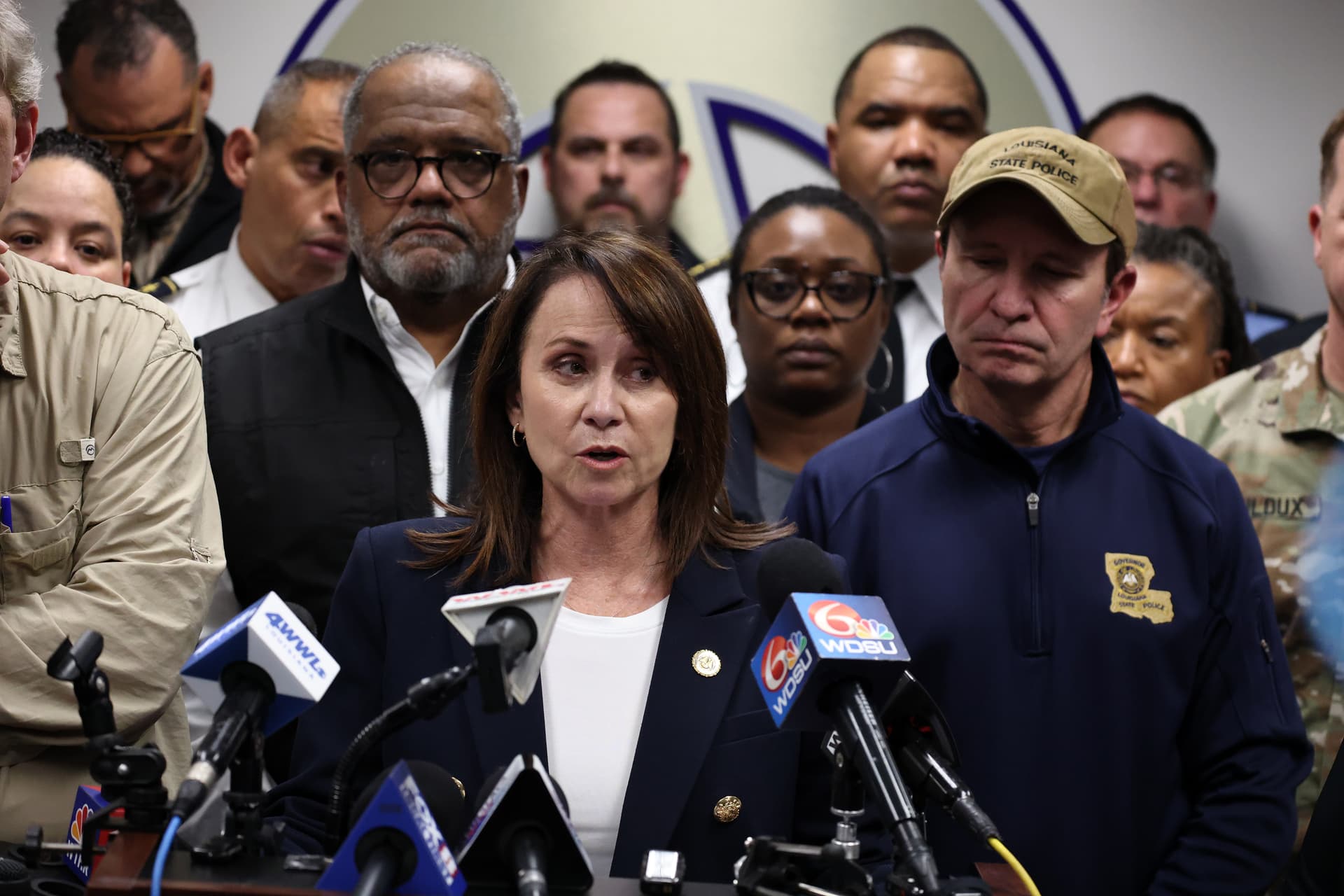
Him & Hers in Hot Water Over Knockoff Version of Wegovy Weight Loss Pills
By LUKE FUNK
|The Trade Court has nine active members, six appointed by Democratic presidents and three appointed by Trump himself.

Already have a subscription? Sign in to continue reading

By LUKE FUNK
|
By BRADLEY CORTRIGHT
|
By THE NEW YORK SUN
|$0.01/day for 60 days
Cancel anytime
By continuing you agree to our Privacy Policy and Terms of Service.